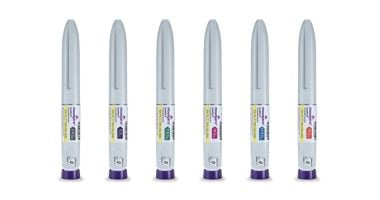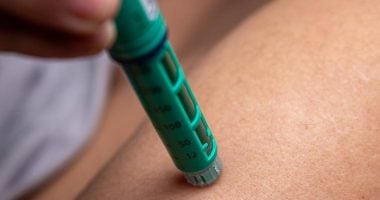A one-minute procedure involving a ‘sponge on a string’ device could help prevent thousands of oesophageal cancer cases in the future.
The method can be carried out by a nurse or GP and involves the patient swallowing a pill which has a sponge-like material attached to a piece of thread.
- Cancer taskforce launched to tackle COVID-19 backlog
- Cancer drug neratinib offers hope for type 1 diabetes treatment
The dissolvable pill makes the sponge expand in the stomach, allowing it to gently scrape away cells that line the oesophagus and can then be tested for any pre-cancerous changes.
The Cytosponge approach is a refreshing an alternative to an endoscopy, which involves using local anaesthetic so a tube and camera can be passed down the person’s throat.
It is thought just over 9,000 people are diagnosed with the condition every year, but if doctors are able to spot the signs early they may be able to administer preventative treatment.
Professor Rebecca Fitzgerald, who helped to develop the test, said: “Compared with endoscopies performed in hospital, the Cytosponge causes minimal discomfort and is a quick, simple test that can be done by a GP.
“Our test is already being piloted around the country, so we hope more people across the UK could benefit from it.”
- Lower fasting insulin in type 2 diabetes could lower pancreatic cancer risk
- Can eating bacon increase the risk of bowel cancer?
Liz Chipchase took part in a study which trialled the pioneering device and said: ‘If I hadn’t been invited and gone on the trial, I would have had no idea that I needed treatment.”
After the test was carried out, the 72-year-old received her results just 12 days later. It showed she had early-stage oesophageal cancer and treatment very quickly was started.
She said: “I feel so lucky thinking about the chain of events that led to the cancer being caught when it was. The experience has changed me. I smile a lot more.”






